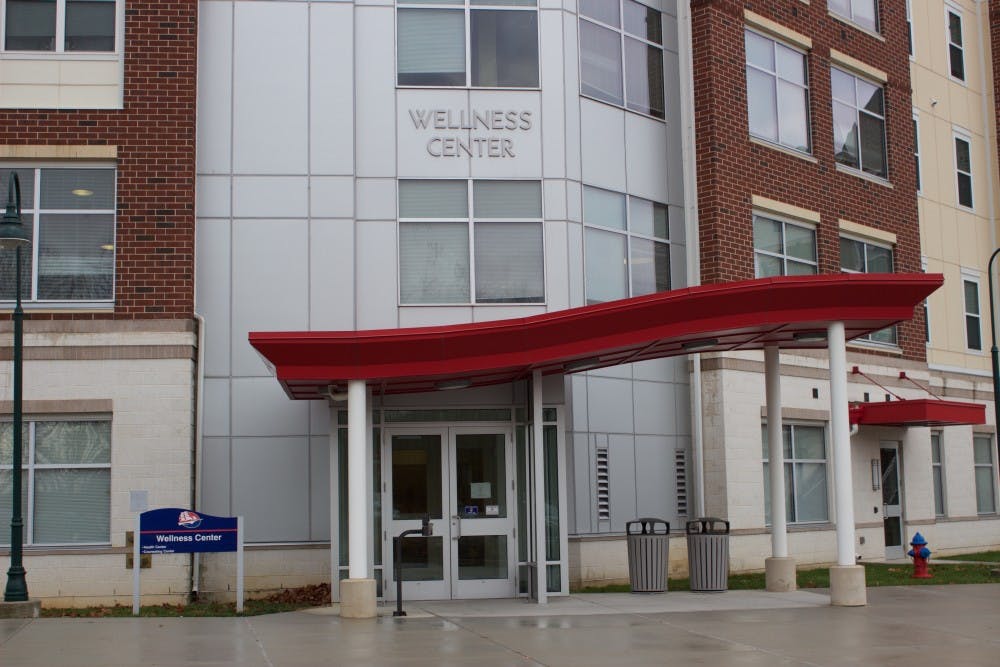Imagine that you wake up one morning feeling incredibly tired and unmotivated to take on the day, despite getting a full night’s sleep the night before. Then, imagine this happened the next night and the next. Before long, you begin to develop a sore throat so severe it is difficult to talk or even swallow.
Mononucleosis, more commonly known as mono or the “kissing disease,” is an infection that can cause fever, sore throat, fatigue and/or enlarged lymph nodes in the neck. Although most prominent in young children and adolescents, there is a definite correlation between mono and college students, according to Dr. Todd Peterson, medical director of Shippensburg University’s Etter Health Center.
Peterson said 50 percent of young adults will be infected with mono before they arrive for their freshman year of college, and between 90 and 95 percent of all adults have mono at some point in their lives. He said past studies have shown that mono is “not a terribly contagious disease,” even on college campuses, and is instead problematic because it is found everywhere.
“You’re not going to escape it long term, almost everybody’s going to get it,” Peterson said.
Peterson said mono patients should focus on maintaining a strong physical health for the entirety of the year, particularly by staying hydrated and getting enough sleep, if they wish to decrease their odds of ever developing mono. A lack of health consciousness in college students can lead to harsher symptoms if contracted, according to Peterson.
Meanwhile, he said there are certain symptoms medical professionals tend to look for before delivering a mono diagnosis.
“If someone doesn’t have swollen lymph nodes they probably don’t have mono,” Peterson said. “I rarely see someone who doesn’t also feel a lot of fatigue.”
There is no precise cure for the disease, and Peterson said patients will often recover spontaneously. In extreme cases, however, the steroid Prednisone is offered when patients complain of extreme swelling in their lymph nodes, making it hard to breathe.
“The important point is that this is not something we’re going to be real successful in preventing,” Peterson said. “It’s not our big priority in healthcare to stop mono.”





The Slate welcomes thoughtful discussion on all of our stories, but please keep comments civil and on-topic. Read our full guidelines here.